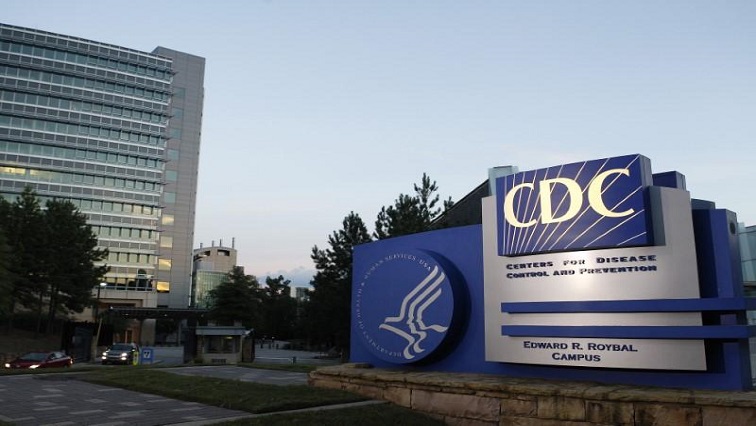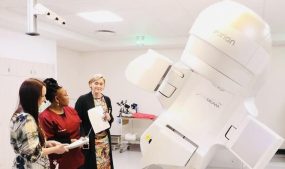The U.S. Centres for Disease Control and Prevention (CDC) on Monday took down its guidance warning on possible airborne transmission of the novel coronavirus, saying that the draft recommendation was posted in error.
The now-withdrawn guidance, posted on the agency’s website on Friday, recommended that people use air purifiers to reduce airborne germs indoors to avoid the disease from spreading.
“CDC is currently updating its recommendations regarding airborne transmission of SARS-CoV-2. Once this process has been completed, the update language will be posted,” the agency said.
The CDC did not immediately respond to a request for comment on when the guidance will be updated.
The health agency had said that COVID-19 could spread through airborne particles that can remain suspended in the air and travel beyond six feet.
Presently, the agency’s guidance says the virus mainly spreads from person-to-person through respiratory droplets, which can land in the mouth or nose of people nearby.
WHO aerosol transmission policy remains unchanged
Earlier this month, U.S. President Donald Trump took exception to comments from the CDC director, who said masks might be even more effective than a vaccine for the novel coronavirus that could be broadly rolled out in mid-2021.
That followed a New York Times report that guidance about novel coronavirus testing posted last month on the CDC’s website was not written by the agency’s scientists and was posted over their objections.
The World Health Organisation has not changed its policy on aerosol transmission of the coronavirus, it said on Monday.
The agency still believes the disease is primarily spread through droplets, but that in enclosed crowded spaces with inadequate ventilation, aerosol transmission can occur, said Mike Ryan, Executive Director of the WHO’s emergencies program.
“Evidence-emerging” of airborne spread caused concern among scientists
Earlier this year, more than 200 scientists from over 30 countries are urged the WHO to take more seriously the possibility of the airborne spread of the novel coronavirus as case numbers rise around the world were surging.
In the video below, Vice President for research at the South African Medical Research Council Professor Jeffrey Mphahlele gave insight on the matter:
-Additional reporting by SABC News






